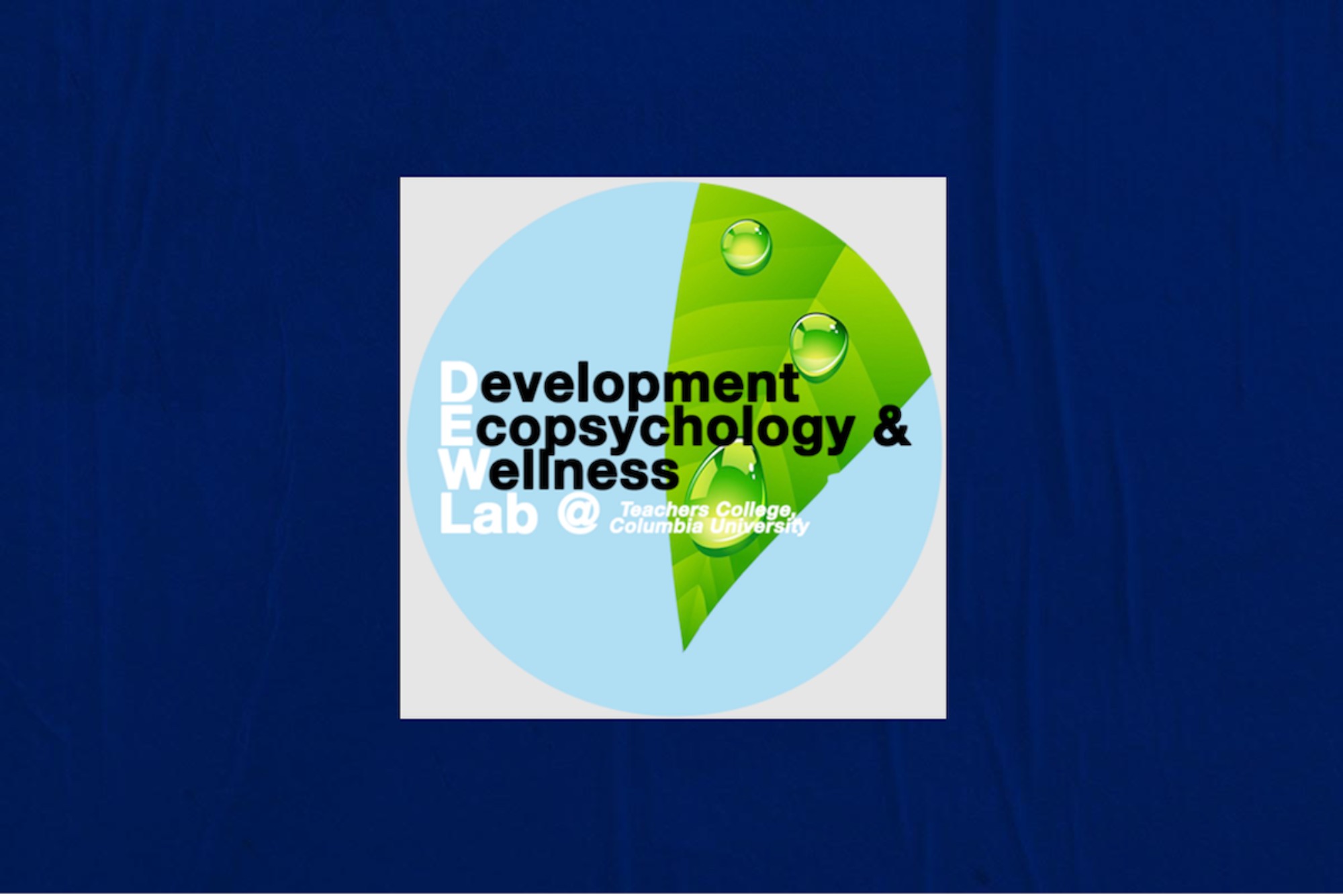Established two years ago, the Dew (Development, Environment, & Wellness) Lab at Teachers College, Columbia University has charted a distinct course in the realm of psychology regarding our relationship with the environment. While many psychologists delve into eco-distress and eco-anxiety in response to climate change, the Lab's initial inquiry was more foundational: How do humans specifically connect with their physical surroundings?
The Lab's inaugural paper offered a compelling insight: People establish relationships with environments akin to those they have with significant individuals in their lives, such as family members and close friends. Subsequent research uncovered that nature acts as a protective factor against Adverse Childhood Experiences (ACEs) – potentially traumatic events occurring during childhood (from ages 0 to 17). Additionally, a profound connection with nature emerged as a pivotal aspect in fostering engagement in climate activism.
Presently, lab members are investigating the correlations between perceptions of nature and factors like gender, socioeconomic status, as well as race, and culture.
At the Dew Lab, student-led projects form the backbone, fostering a mosaic of experiences and backgrounds that converge on a singular focus: Planet Earth. Embracing the multitude of perspectives stemming from various cultural systems of meaning residing within each of us, the lab aspires to be a nexus for pioneering environmental ideas. It accentuates the potency and creativity of our bond with the environment while acknowledging the losses we face.
Bolstered by an unwavering commitment to transdisciplinary climate research, the Dew Lab actively seeks collaborations with students and faculty across Teachers College, aiming to amplify its impact and breadth.
Check out the DEW Lab website here
Listen to a podcast by the DEW Lab on the emotional connection to nature here
